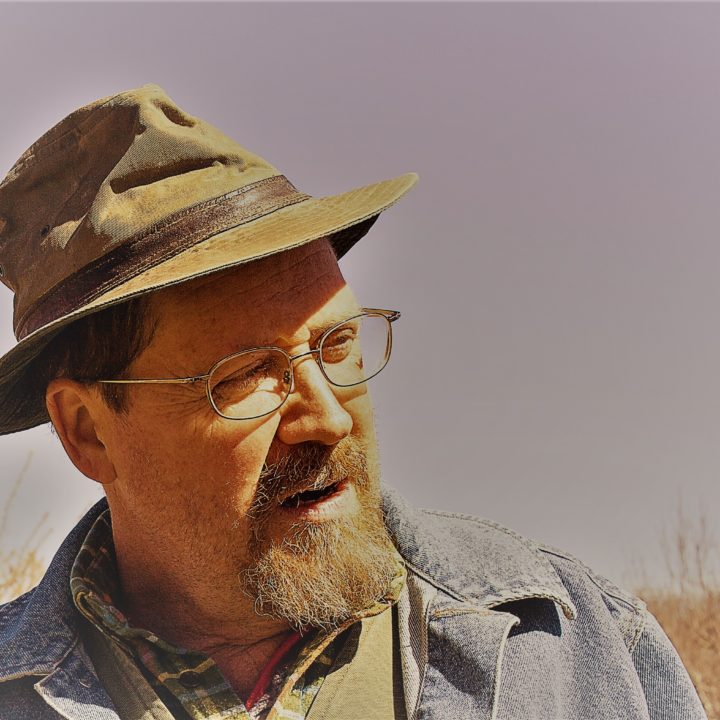
As our betters jet back from Paris, with bellies full of artisanal French food and exciting business contacts that allow them to both profit and “save” the world, our thoughts on the farm have been on Delores. She of the wandering tribe of swine that seldom saw a fence without seeing an opportunity. She who after a gallant effort to artificially inseminate and an arranged marriage of four weeks to a neighbor’s boar is still not pregnant.
We are now faced with a classic small farm dilemma: do we keep her for another try at motherhood or convert her to sausage? Back in August, during her matrimonial date with Old Red, Delores was what is euphemistically described as “pleasingly plump.” She has now been on an owner-imposed diet and slimmed down to what we hope is a good breeding weight. (Yes, hogs, as well as other livestock, can be too fat to conceive.)
There are so many small farm models to follow in this world. And we do not offer ours up to any but ourselves: a three-way contest between profits, sufficiency, and fulfillment. Last week’s post on taking time out from the first two to sit in the woods and do nothing but meditate and smoke a cigar spurred one online reader to call me a slacker.
The conclusion I drew was that, in his mind, the monetary profits of the farm stood superior to sufficiency and fulfillment. An imbalance, if applied mindlessly, that has contributed greatly to this world of rapidly diminishing resources and a climate rollercoaster. Which reminded me of a another recent commenter who seemed to take issue with the notion that achieving sufficiency was anything other than a weigh-station toward profitability or a path down the road to abject poverty.
So, as we watched the old classic set in the Scottish Hebrides, “I Know Where I’m Going,” last night, I chuckled when one of the characters took umbrage at being told that the villagers were poor because they had no money. What poverty of imagination, she said, that would imagine us as poor because we lack money.
Hers was an outlook actively at odds with the modern mindset, the one that devalues the wealth derived from family, community, and being a part of the earth, the one that feeds on the acquisitive and that can, if not moderated, create a life out of balance.
It is this mindset, I think, that led to conditions that energized our betters — a convening of corporations, governments, and nonprofit agencies — to spend a week dining in Paris. Now, with their bellies bloated and their backs sore from congratulatory pats, I have the sneaking suspicion that all of their grubbing around for money will result in a climate plan for more of the same.
We, meanwhile, spent our weekend on the farm. We dined on produce from our gardens and meat we raised. We worked hard, relaxed, and gave a favored sow another chance.






